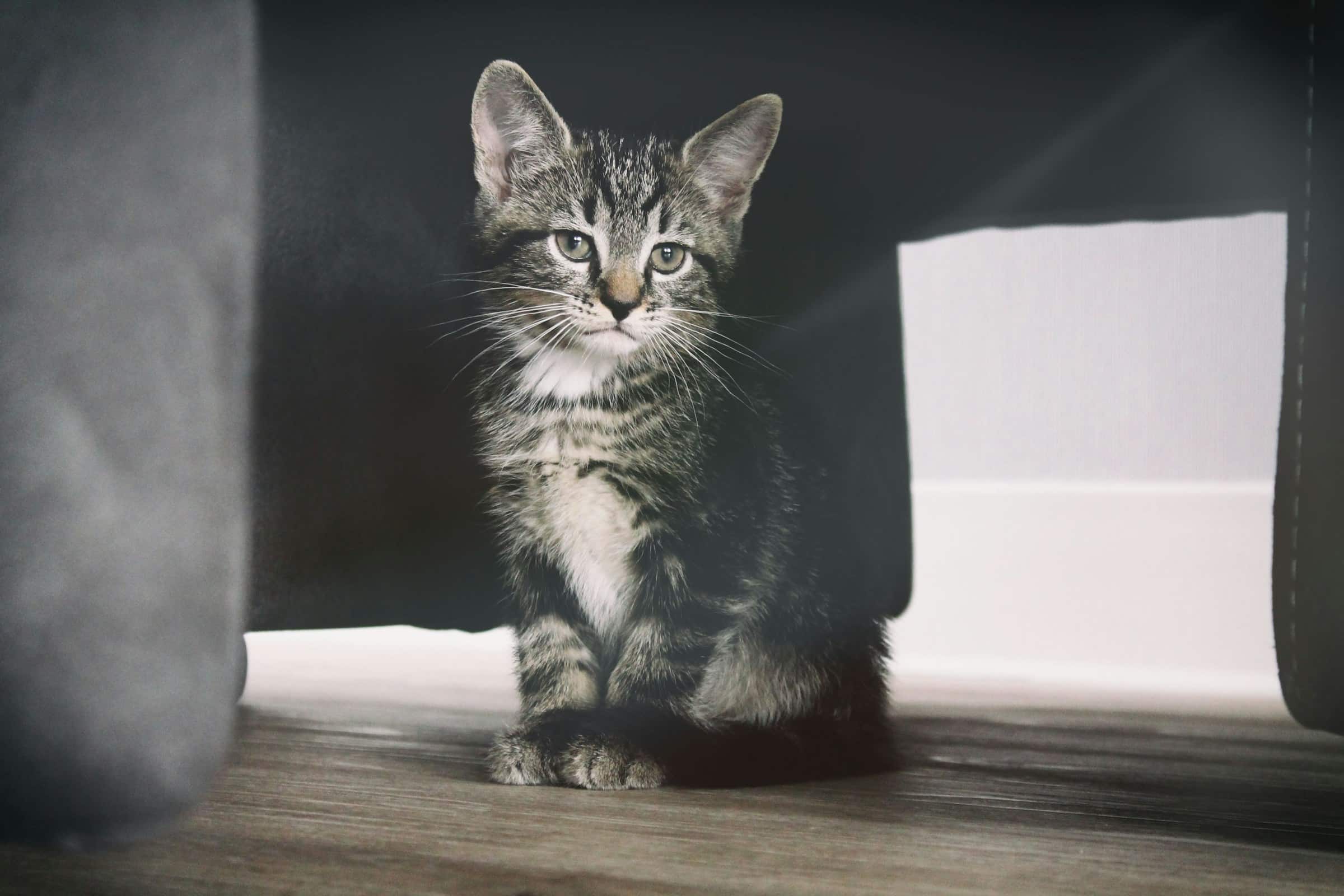What’s the Best Way to Create a Hidden Litter Box Area for Cats in a Small Apartment?

Living in a small apartment can be a challenge, especially when you share it with a furry friend. Cats, while being great companions, have specific needs that sometimes require ingenious solutions. One such need is for a private, out-of-the-way place to use their litter box. In this article, we will explore how to best create a hidden litter box area for your feline friend within the constraints of a small apartment. This will include DIY ideas for turning furniture and cabinets into hidden litter box enclosures, and tips for finding the right spot in your apartment.
Finding the Ideal Spot in Your Apartment
Before you start building or buying anything, it’s crucial to find the best location for your cat’s litter box. It should be a place that’s accessible for your cat, yet tucked away enough to provide privacy and keep the box out of sight.
A lire en complément : How Can You Install a Skylight for a Brighter Basement Apartment?
Bathrooms often serve as perfect places for litter boxes. They are designed to handle moisture and odors, and cleaning up any accidents is relatively easy. If your bathroom is big enough, you could place the litter box in a corner or under the sink, provided there is enough space for your cat to get in and out comfortably.
If you lack sufficient bathroom space, you could consider the laundry room if you have one. Alternatively, a quiet corner in the living room or bedroom could work, especially if you can camouflage the box with furniture or other items.
Dans le meme genre : What Are the Best Techniques for Incorporating Indoor Vertical Gardens in Small Spaces?
Investing in a Litter Box Cabinet
If you’re looking to hide the litter box in plain sight, a litter box cabinet might be your best bet. These pieces of furniture look like standard cabinets or side tables, but they come with a hidden compartment for the litter box. They often have a small, discreet door through which the cat can enter and exit, and a larger door for humans to clean the box.
Litter box cabinets come in a variety of styles and sizes, making it easy to find one that fits with your décor. Some even have extra storage space for litter, scoops, and other supplies. Remember, however, that a litter box cabinet must be spacious enough inside to accommodate the litter box and your cat comfortably.
DIY Litter Box Enclosures
For those of you who are handy or on a budget, creating a DIY hidden litter box area might be an appealing option. You could convert a piece of existing furniture into a litter box enclosure, or even build one from scratch.
One common DIY idea involves repurposing an old cabinet or side table. You can adapt it by cutting a small door for the cat and placing the litter box inside. You could also create a top-entry litter box by cutting a hole in the top of a storage bin, which can help reduce the spread of litter.
When doing DIY, remember to ensure that the finished product is safe for your cat. Avoid using materials that could harm your pet, like certain types of paint or sharp edges.
Choosing the Right Litter Box for Small Spaces
Even the best hidden litter box area won’t be effective if the box itself is too large or unmanageable. Choosing the right box for small spaces is crucial. Some people find that shallow storage bins work well because they’re easy to clean and can slide under furniture.
There are many compact litter boxes on the market designed specifically for small spaces. These range from basic plastic boxes to high-end models with features like built-in odor control. Regardless of which box you choose, remember that it needs to be big enough for your cat to use comfortably.
Maintaining a Fresh and Clean Litter Box Area
Proper upkeep of the litter box area is critical not only for hygiene but also for maintaining the hidden aspect of the space. Regular cleaning will prevent odors from escaping the enclosure and permeating your living space.
Consider using clumping litter for easy scooping, and empty the entire box and replace the litter regularly. Some litter box furniture and enclosures come with a built-in venting system to help manage odors. If not, you could consider a small air purifier or deodorizer to keep the area fresh.
Remember, living in a small apartment with cats doesn’t have to be a struggle. By finding the right spot, investing in or creating the perfect enclosure, choosing the right box, and maintaining a clean litter area, you can create the perfect hidden litter box area for both you and your feline friend.
Incorporating Litter Box into Existing Furniture
When space is at a premium, you might want to consider transforming an existing piece of furniture into a litter box enclosure. This can be an efficient and ingenious way to hide your cat’s litter box while adding a stylish touch to your home.
Your first task is to identify a piece of furniture that would serve well as a litter box enclosure. A side table, a nightstand, or a cabinet can be ideal for this purpose. The key is to ensure that the piece is large enough to accommodate the litter box and your cat, but not so large that it takes up too much space.
Before starting the transformation, ensure that the furniture piece is sturdy and durable. Additionally, it should have at least one side that can be opened or removed for easy access to the litter box for cleaning purposes.
Once the suitable piece of furniture is identified, you can create a cat door for your feline friend to enter and exit the box. This could be as simple as cutting a hole in the side or front of the furniture. The size of the opening should be large enough for your cat to pass through comfortably but not too large that it exposes the litter box inside.
Lastly, place the litter box inside the furniture, ensuring it fits properly and can be easily retrieved for cleaning. Depending on the type of furniture, you might need to add a liner or a mat to protect the wood or other materials from possible litter spills or cat accidents.
Conclusion
Creating a hidden litter box area in a small apartment can seem challenging, but with a little creativity and ingenuity, it can be made possible. Whether you decide to find the ideal spot in your apartment, invest in a litter box cabinet, make a DIY litter box enclosure, incorporate the litter box into existing furniture, or choose the right litter box for small spaces, the key is to ensure that the area is accessible, comfortable, and private for your cat.
Keeping the area clean and fresh is essential, as well. Regular cleaning and maintenance will keep your home odor-free and your cat happy. Consider using clumping litter and regularly replacing the entire box for optimal hygiene.
Remember, the goal is to create a hidden litter box area that suits both your cat’s needs and your home’s decor. So, don’t be afraid to get creative and personalize the area to make it your own. After all, your cat is part of your family, and their comfort is just as important as yours. By following these tips and tricks, you can maintain a harmonious cohabitation with your feline friend, even in the smallest of apartments.
